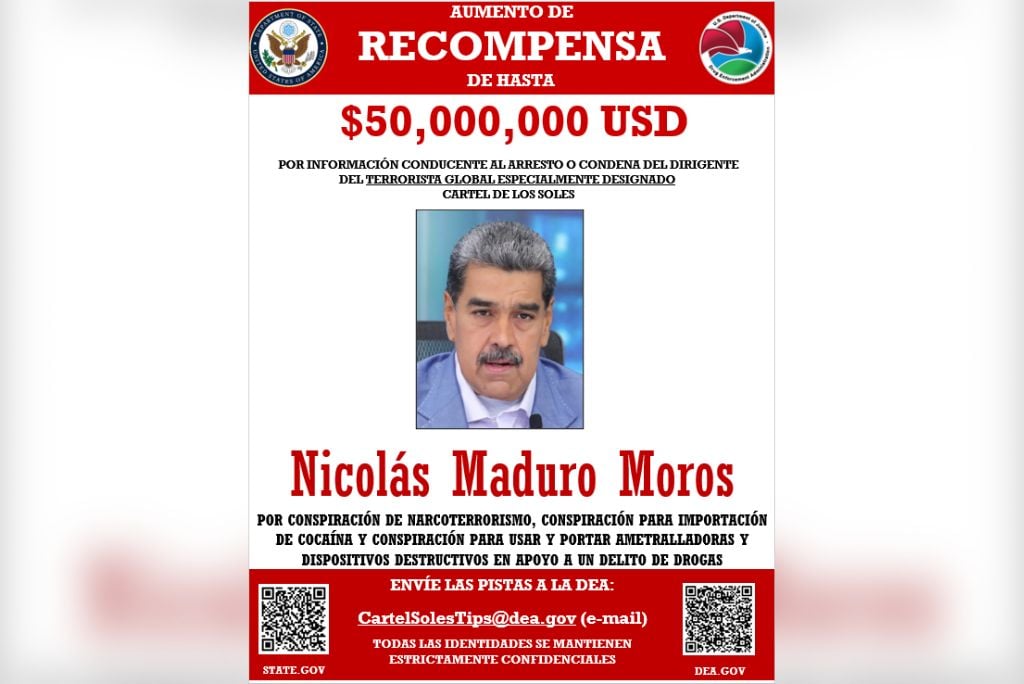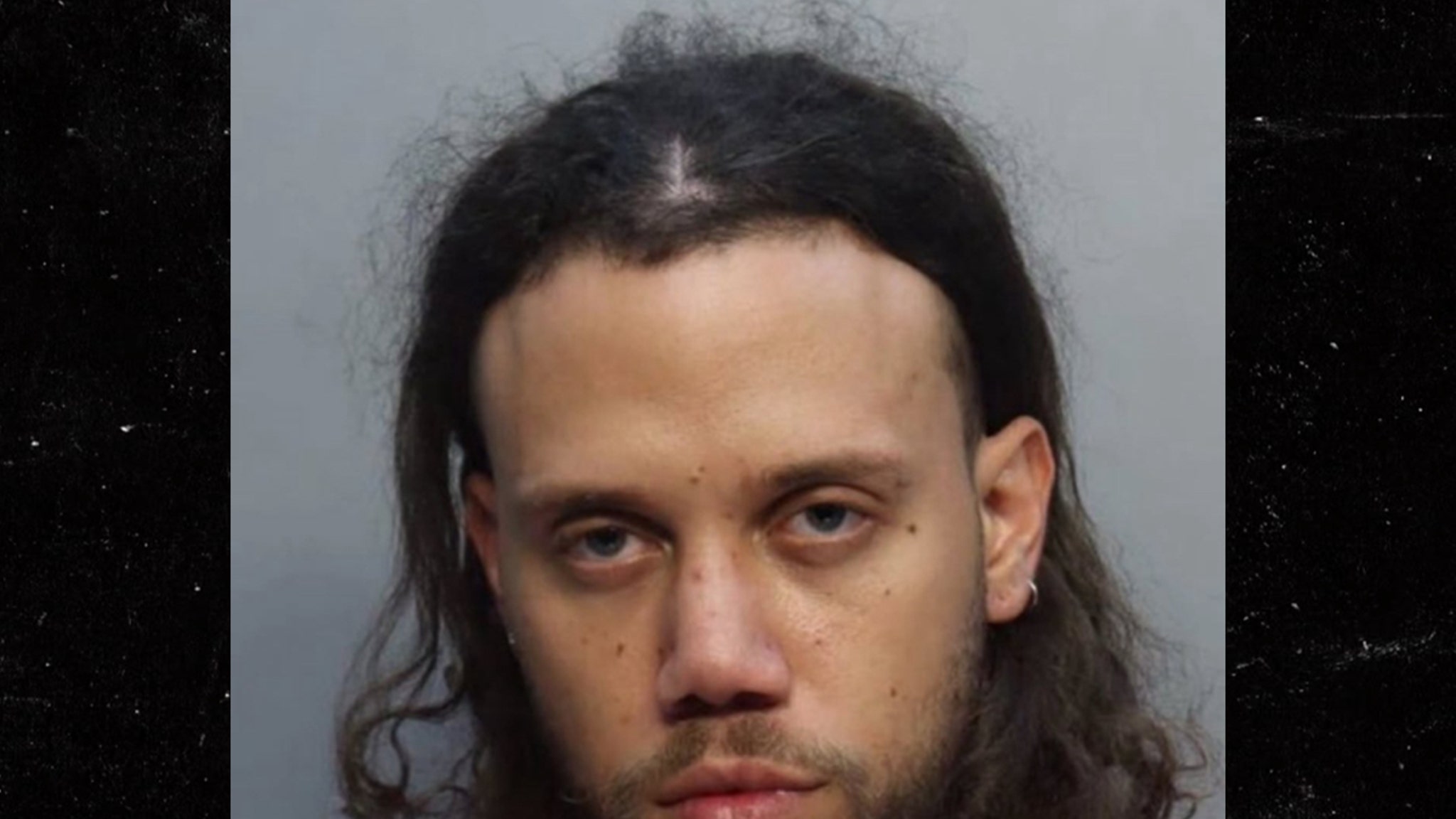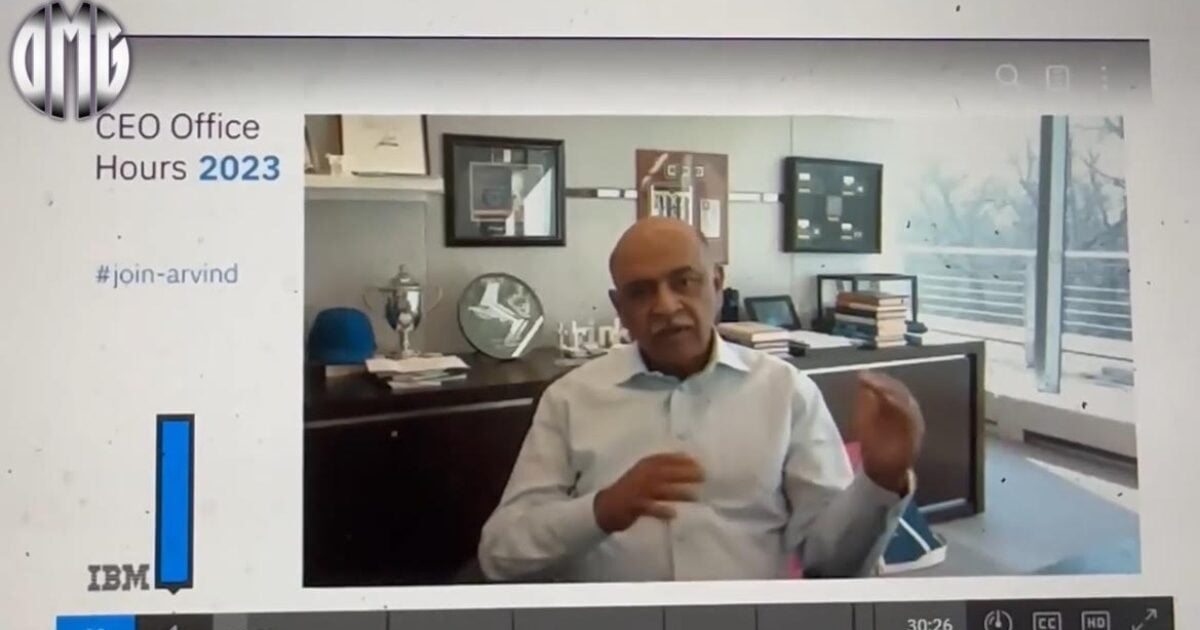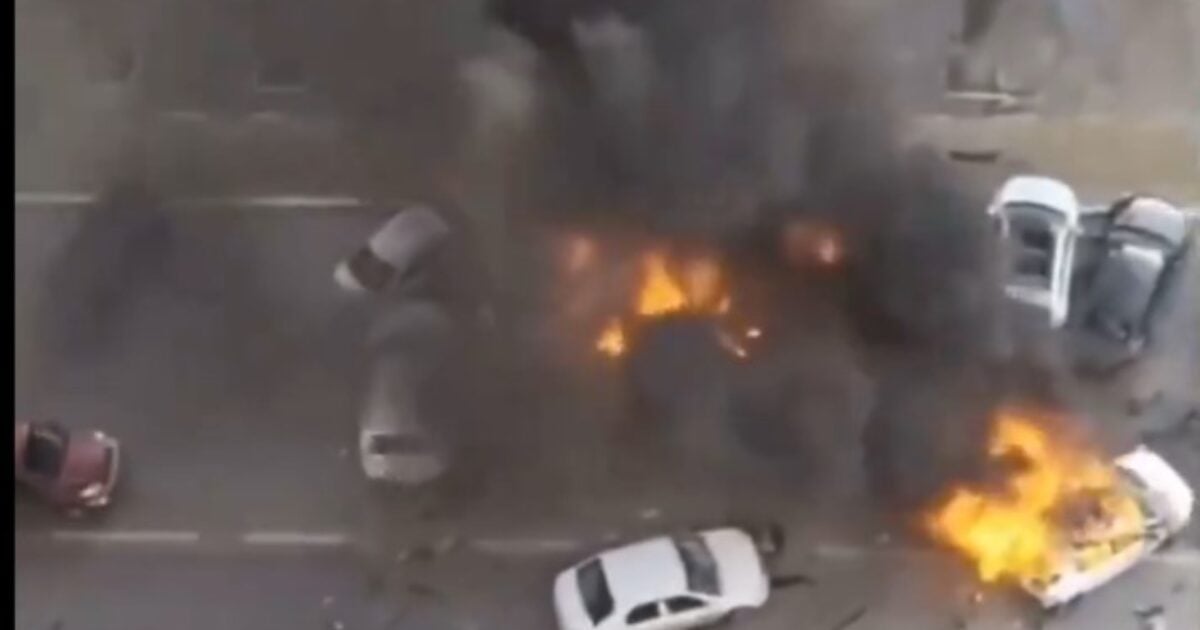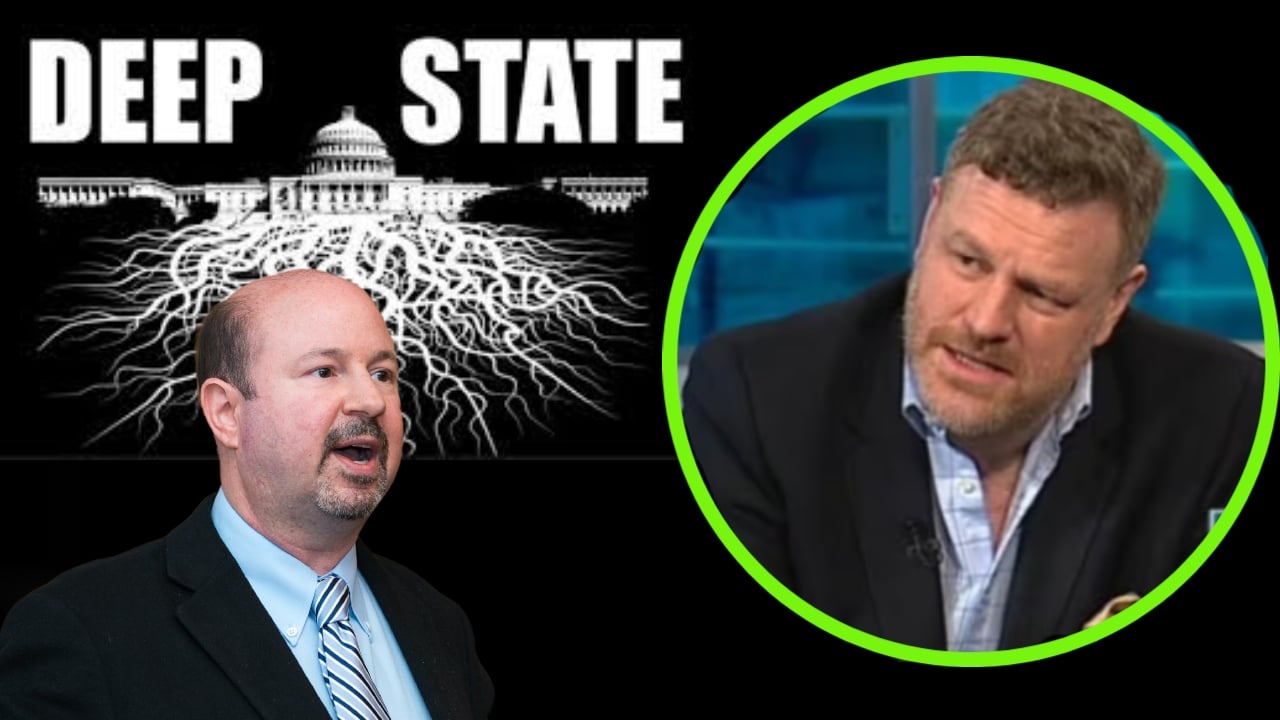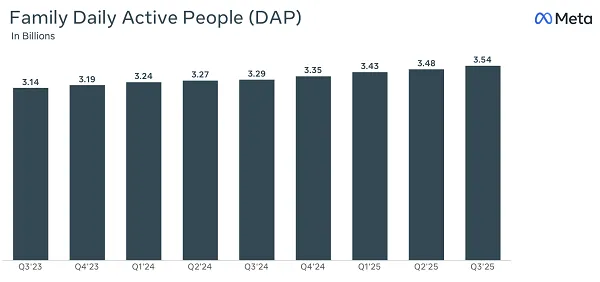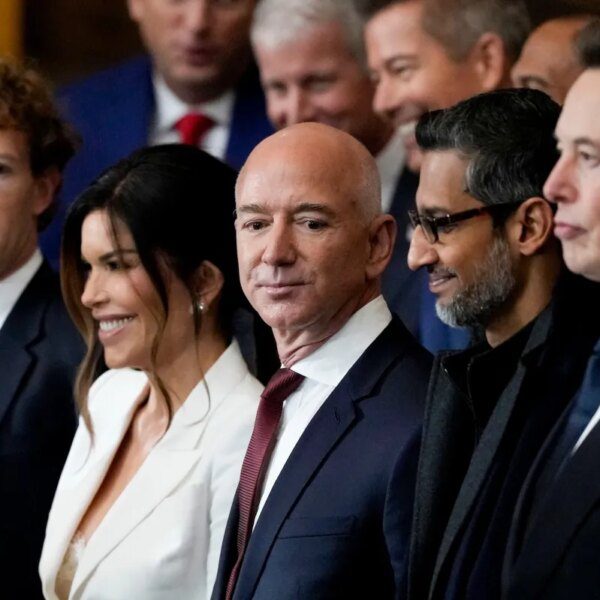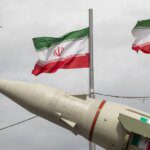On July 31, 2025, U.S. Attorney General Pam Bondi publicly confirmed that the United States has increased the reward for information leading to the capture of Venezuelan strongman Nicolás Maduro to $50 million. This is the highest bounty ever placed on a foreign head of state.
“We will not rest until he is brought to justice,” Bondi said, reaffirming the administration’s intent to hold Maduro accountable for narco-terrorism, transnational crime, and human rights violations.
This follows the July 25, 2025, designation of the Cartel de los Soles as a Specially Designated Global Terrorist (SDGT) organization by the U.S.
Department of the Treasury. The designation recognizes that the criminal network operates not in the shadows but from within the Venezuelan state itself, under military protection and political direction.
U.S. Secretary of State Marco Rubio added that the United States is prepared to use “every available resource, including military,” to neutralize the threat posed by the cartel. “This is not just law enforcement. It’s national security,” Rubio said in an official statement.
A New Era of State-Embedded Terrorism.
The Cartel de los Soles is not a conventional criminal organization. It is embedded within the institutions of the Venezuelan state. Under Maduro and Diosdado Cabello, the regime has weaponized state aircraft, diplomatic channels, and oil profits to protect and expand cocaine corridors stretching from Zulia, Apure, and Catatumbo. These routes have fueled criminal partnerships with groups like Hezbollah, the Sinaloa Cartel, and Tren de Aragua.
In Final Flight: Queen of Air, I document how these narco-flights were supported by state aviation authorities and corrupted export licenses. Aircraft registered to legitimate U.S. companies—such as those controlled by Debra Lynn Mercer-Erwin—were rerouted through Venezuelan-controlled corridors and used for drug transport.
Mercer-Erwin was indicted by the U.S. Department of Justice in 2020 for her role in trafficking, money laundering, and facilitating cocaine shipments through aircraft registration fraud.
Presidential Powers Under Title 50.
The legal framework supporting these actions rests on Title 50 of the U.S. Code, which governs national defense and intelligence operations. Its invocation signals that Venezuela is no longer being treated as a political adversary, but as a terrorist threat to the national security of the United States.
Title 50 authorizes the President to take the following actions:
1. Mobilize Covert Action Authorities.
Intelligence agencies such as the CIA can conduct operations without prior congressional approval. This includes intelligence disruption, surveillance, or the targeting of cartel infrastructure abroad.
2. Invoke Emergency Economic Powers (IEEPA).
Financial sanctions can be expanded to freeze assets, restrict transactions, and block access to international systems for individuals or entities affiliated with the Maduro regime or the cartel.
3. Coordinate Defense and Intelligence Assets.
Defense operations can be aligned with intelligence objectives. This includes surveillance, interdiction, and covert support to regional partners combating Venezuelan-linked trafficking routes.
4. Authorize Military Operations in Support of Counterterrorism.
U.S. military assets may be deployed in support of Title 50 mandates to interdict narcotics trafficking or terrorist activity where conventional law enforcement fails or is obstructed by sovereign cover.
This legal infrastructure has previously been used to confront threats like al-Qaeda, ISIS, and Qassem Soleimani’s Quds Force. Applying the same framework to Nicolás Maduro and the Cartel de los Soles marks a strategic escalation.
What Comes Next?
The $50 million bounty and the SDGT designation represent more than symbolism. They provide legal, operational, and diplomatic tools to target Venezuela’s transformation into a criminal state. Title 50 enables the U.S. government to respond with the same urgency it applied to terrorist groups responsible for direct harm to the homeland.
As I warned in Final Flight and in the forthcoming El Cartel de los Soles: A Criminal Trojan Horse, the Maduro regime’s criminal infrastructure has reached well beyond its borders. Its cocaine exports, financial alliances, and terror proxies now impact regional democracies, U.S. border security, and the broader hemisphere’s stability.
A Strategic Turning Point.
The actions taken by the Trump administration reflect a clear break from previous U.S. policy. Prior efforts relied heavily on sanctions and diplomacy. This new approach targets the core of the narco-state itself. The Cartel de los Soles has attacked the United States without firing a single bullet, sending hundreds of tons of cocaine into American cities and helping finance hostile actors throughout the region.
For years, this was tolerated as a geopolitical nuisance. Today, it is being treated as a terrorist threat. The United States has responded not with words, but with the full weight of its legal and national security arsenal. The message is clear: criminal regimes will be treated as such and held accountable.
The views expressed in this article are those of the author and do not necessarily represent the official position of Gateway Hispanic.
About The Author
Post Views: 0
👁️ 0 vistas

